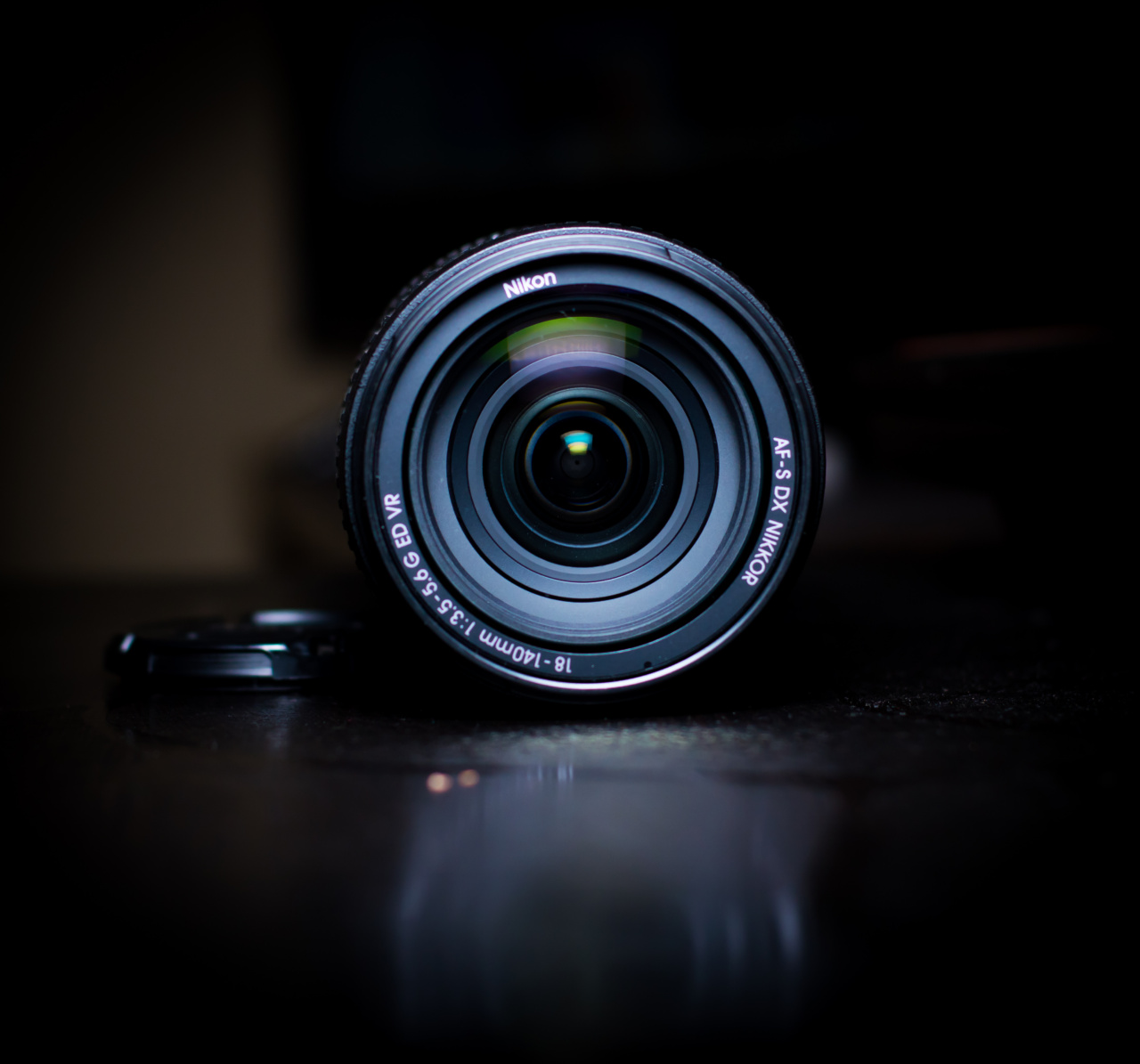Wearing contact lenses can be a convenient and effective way to correct vision problems. However, to ensure a safe and comfortable experience, it is important for contact lens wearers to consider several factors.
Here are some important considerations to keep in mind when selecting and wearing contact lenses.
Regular Eye Exams
Before starting to wear contact lenses, it is crucial to have regular eye exams. An eye care professional will evaluate the health of your eyes and determine the most appropriate type of contact lenses for you.
Regular eye exams are also important to monitor any changes in your eyes or prescription, ensuring that your contact lenses continue to provide optimal vision correction.
Correct Prescription
Always make sure to get the correct prescription for your contact lenses. Generic or over-the-counter lenses may not be suitable for your specific needs, and using the wrong prescription can lead to discomfort, blurred vision, and even eye infections.
Your eye care professional will determine the precise power and fit that is most suitable for your eyes.
Types of Contact Lenses
There are several types of contact lenses available, including soft lenses, rigid gas permeable (RGP) lenses, and specialty lenses.
Soft lenses are the most common and comfortable option for everyday wear, while RGP lenses are more durable and provide sharper vision. Specialty lenses are designed to address specific eye conditions, such as astigmatism or presbyopia. It is important to discuss your needs and lifestyle with your eye care professional to select the most suitable type of contact lenses for you.
Proper Hygiene and Lens Care
Maintaining proper hygiene and lens care is essential for contact lens wearers. Always wash your hands with soap and water before handling your contact lenses. Avoid using lotions, creams, or oily substances that may transfer to the lenses.
Follow the lens care instructions provided by your eye care professional, and use only the recommended cleaning solutions. Never use tap water or saliva to clean or store your contact lenses, as they may contain harmful microorganisms.
Duration of Wear
The duration of wearing contact lenses depends on the type of lenses and the recommendation of your eye care professional. Some lenses are designed for daily disposable use and should be discarded after a single use.
Others can be worn for an extended period, such as two weeks or one month, as long as proper cleaning and storage guidelines are followed. Do not exceed the recommended duration of wear to minimize the risk of eye infections and discomfort.
Handling and Insertion Techniques
Learning the proper handling and insertion techniques is crucial to prevent eye irritation and potential damage to your contact lenses. Always start with clean, dry hands. Hold the lens carefully and make sure it is not inside out (if applicable).
Use your index finger to gently pull down your lower eyelid and your middle finger to hold the upper eyelid. Look straight ahead and place the lens on your eye. Blink a few times to ensure proper positioning. If you experience any discomfort, remove the lens and try again.
Regular Cleaning and Storage
Regular cleaning and storage of contact lenses help maintain their clarity and comfort. Follow the instructions provided by your eye care professional to clean and store your lenses.
Rinse your lenses thoroughly with the recommended solution before and after each use. Use a clean lens case and replace it every three months to prevent bacteria buildup. Avoid using old or expired lens solutions, as they may not effectively disinfect your lenses.
Avoiding Contact with Water
To prevent eye infections, it is important to avoid contact between your contact lenses and water. Remove your lenses before swimming, showering, or participating in any water-related activities.
Water, including tap water, swimming pool water, and even distilled water, may contain harmful microorganisms that can adhere to your lenses and cause infections. Use prescription swimming goggles if you need vision correction while swimming.
Discontinue Use for Eye Irritation
If you experience any eye irritation, redness, pain, or discomfort while wearing contact lenses, remove them immediately and consult your eye care professional.
Continuing to wear lenses when you have irritated or infected eyes can exacerbate the problem and potentially lead to more serious complications. Your eye care professional will examine your eyes and determine the appropriate course of action.
Proper Storage and Replacement Schedule
Proper storage and replacement of contact lenses are essential for maintaining eye health. Always store your lenses in a clean, dry case. Avoid exposing them to excessive heat, moisture, or direct sunlight.
Replace your lenses as recommended by your eye care professional. Using expired or damaged lenses can increase the risk of eye infections and may not provide accurate vision correction.
Conclusion
As a contact lens wearer, it is essential to consider these important factors to ensure a safe and comfortable experience.
Regular eye exams, obtaining the correct prescription, following proper hygiene and lens care practices, and using the appropriate lens type are key to maintaining healthy eyes and clear vision. By implementing these considerations and seeking guidance from your eye care professional, you can enjoy the benefits of contact lenses without compromising your eye health.



























